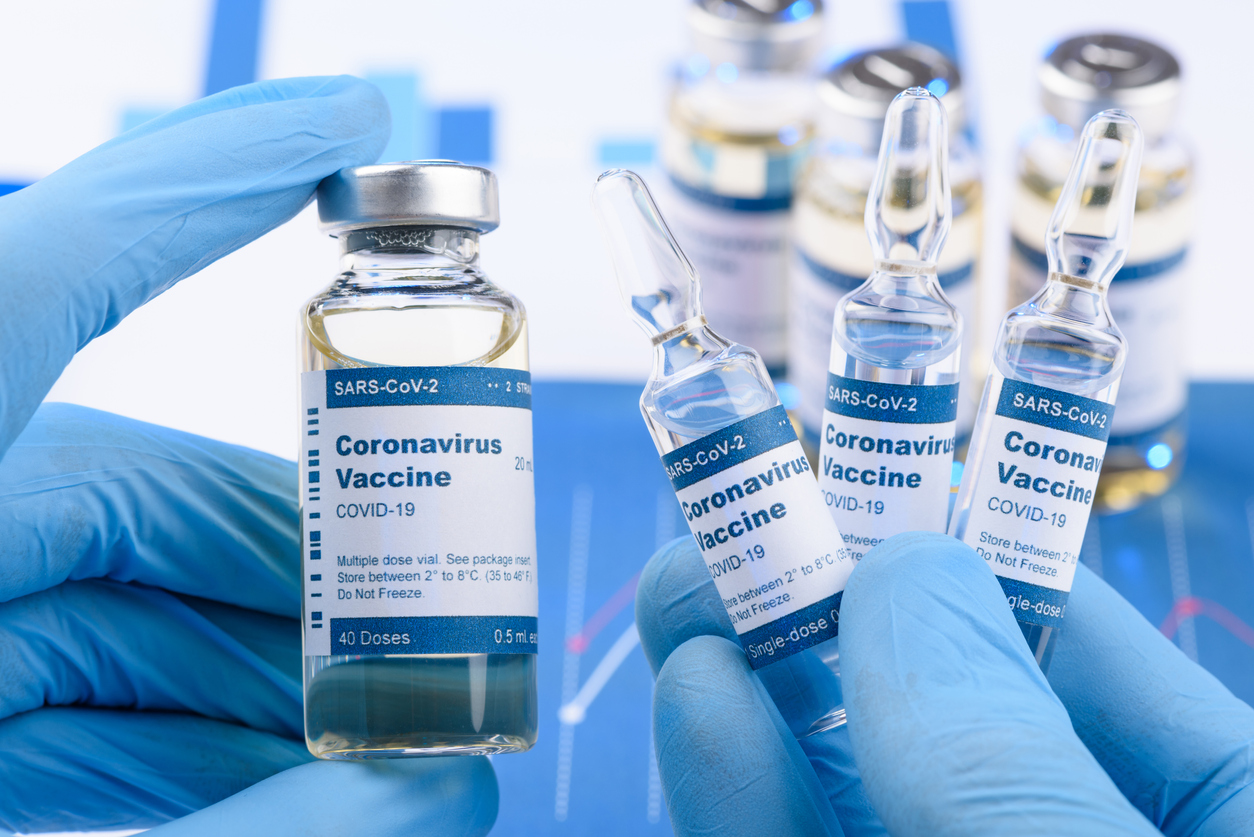Doran Fink, deputy clinical director of the FDA’s division of vaccines, made the remarks in a written statement as a panel of outside advisors convened via a videoconference to review the trial data of a Covid-19 vaccine Pfizer Inc. and German partner BioNTech SE. The committee is expected to recommend approval following the day-long hearing.
The committee’s decision will be influential in the FDA decision, expected later this week, whether to authorize the broad use of the vaccine among the American public.
The vaccine has already been shown in clinical research to reduce the rate of symptomatic disease by 95%, and seems certain to get a thumbs-up from both the committee and the FDA. The FDA isn’t required to accept the decision of an advisory panel, but generally does so.
Dr. Fink said further evaluation of the vaccine will be necessary to see if its benefits continue to outweigh its risk, and whether any labeling changes will be required.
Dr. Fink also addressed one major topic that has been in question—whether patients in the Pfizer trial who were randomly assigned to placebo should automatically be switched over and get the vaccine. The FDA’s recommendation to the committee is they shouldn’t.
On behalf of the FDA, he recommended “continuation of blinded, placebo-controlled follow-up in ongoing clinical trials for as long as is feasible.” While the agency and companies recognize that study patients who got placebo made a sacrifice, the agency said it is important to follow both placebo and vaccine patients to ensure long-term effectiveness and safety of the vaccine.
The 23-member Vaccines and Related Biological Products Advisory Committee is likely to authorize use of the vaccine, according to Arnold Monto, a University of Michigan health researcher who chairs the advisory committee.
Dr. Monto said that assessment is based on data released Tuesday showing that the Pfizer vaccine is safe and 95% effective, with adverse reactions rare despite a range of modest side effects such as headaches and fatigue that occur soon after injections.
The panel’s meeting is public and live-streamed. FDA officials hope the discussion will show the care with which the vaccine’s safety has been reviewed—part of a broader effort to convince the public that the vaccine hasn’t been rushed to market for political expediency.
Once the vaccine is approved, officials could face resistance from many Americans unwilling to take it.
Bruce Gellin, president of global immunization at Sabin Vaccine Institute, which promotes vaccine adoption and trains immunization professionals, said the FDA should get credit for being transparent for its review process, including making public its analysis, which other countries don’t necessarily do.
“The FDA puts their cards on the table,” Dr. Gellin said. “They’ve done the analysis and then they put it out there, what they’ve seen and things they’re thinking about.”
The results described in company and FDA analyses earlier this week showed the vaccine’s effectiveness hovered around 95% in all ages and ethnic groups. Those data are especially important, since members of some ethnic groups have shown hesitancy about getting a vaccine.
The findings regarding vaccine effectiveness were also consistent among patients with underlying conditions such as obesity, diabetes, high blood pressure and chronic cardiopulmonary disease.
Serious side effects were extremely rare, though two patients in the U.K. who got the first doses this week had allergic reactions, which were quickly treated. British authorities cleared the vaccine for use last week, as did Canada on Wednesday.
The FDA said patients who got the vaccine during a company clinical study commonly had reactions such as injection-site irritation, fatigue, headache, muscle pain, chills, joint pain and fever. The agency and companies reported on safety data for about 19,000 vaccinated patients in the companies’ research, which included a total of 43,448 patients ages 16 and up.
The committee members, largely composed of doctors such as immunologists, vaccine experts, statisticians and infectious-disease physicians, are expected to focus on side effects as well as data by age, sex and ethnic group.
In the study, a confirmed Covid-19 case was defined as a positive diagnostic test, plus one or more symptoms such as a new or increased cough or shortness of breath, loss of taste or smell, sore throat, diarrhea and vomiting.













